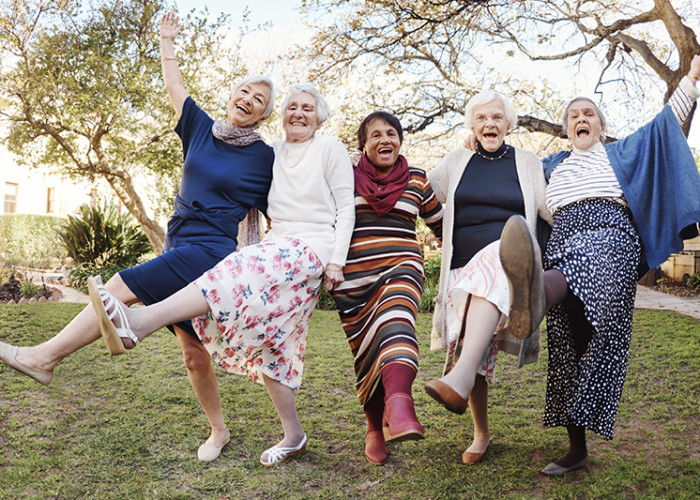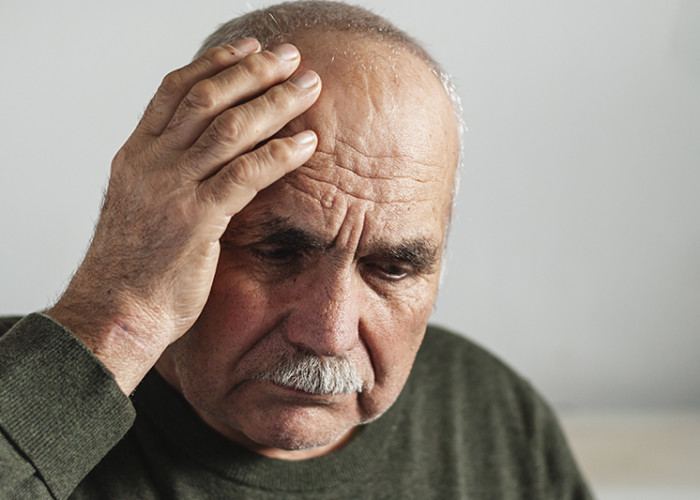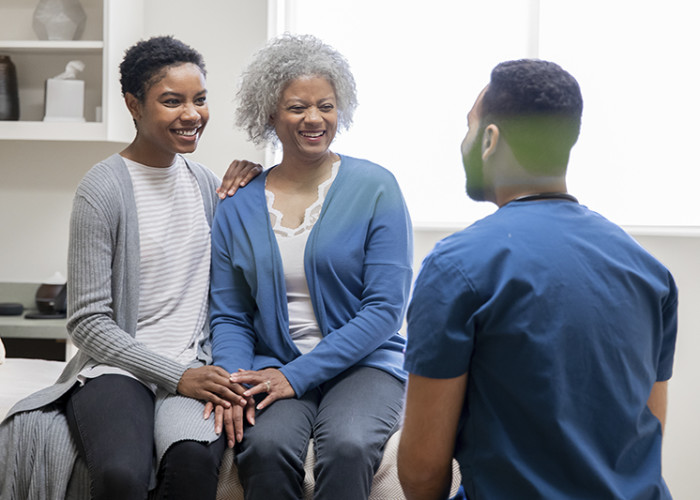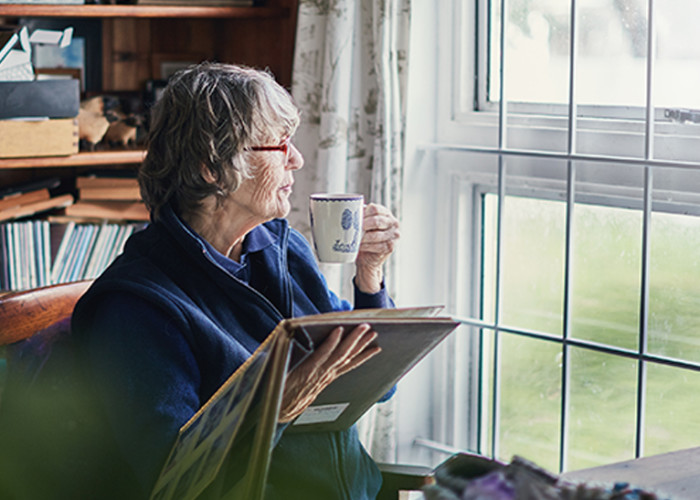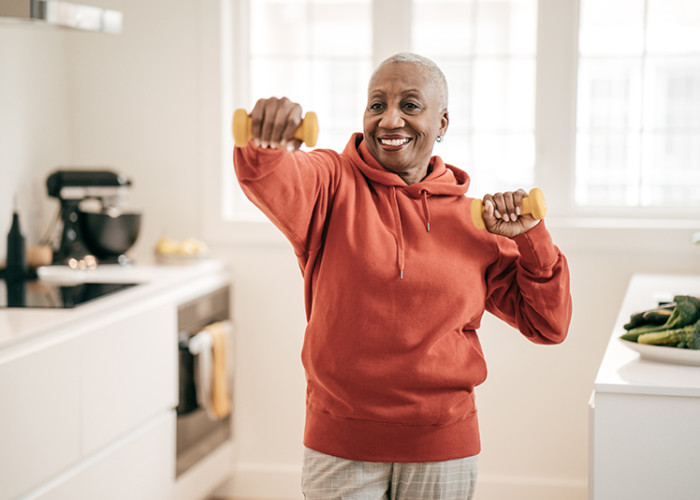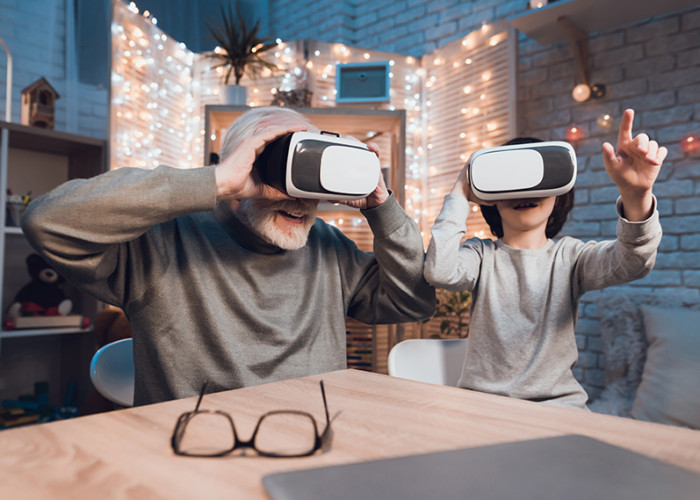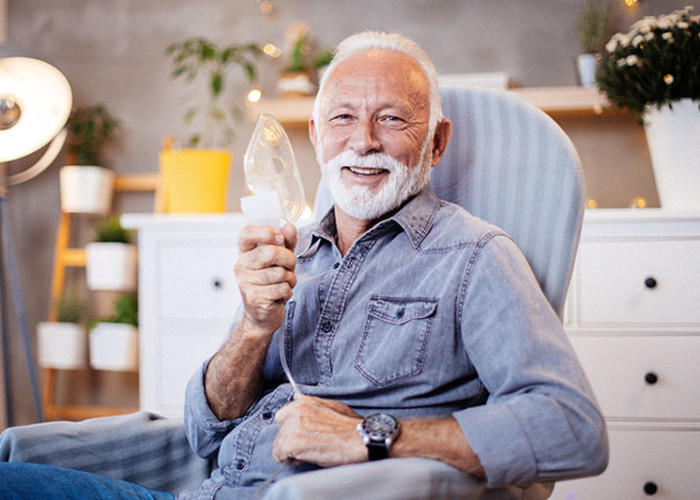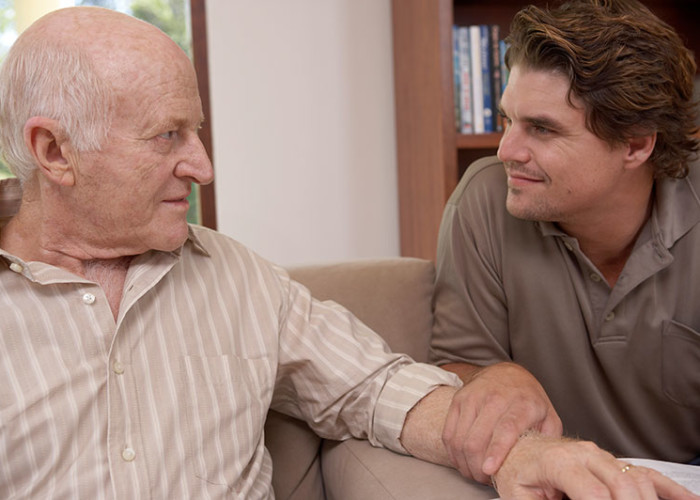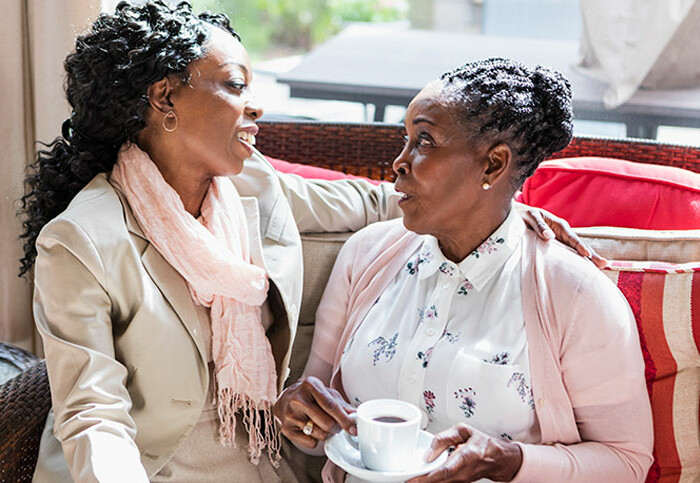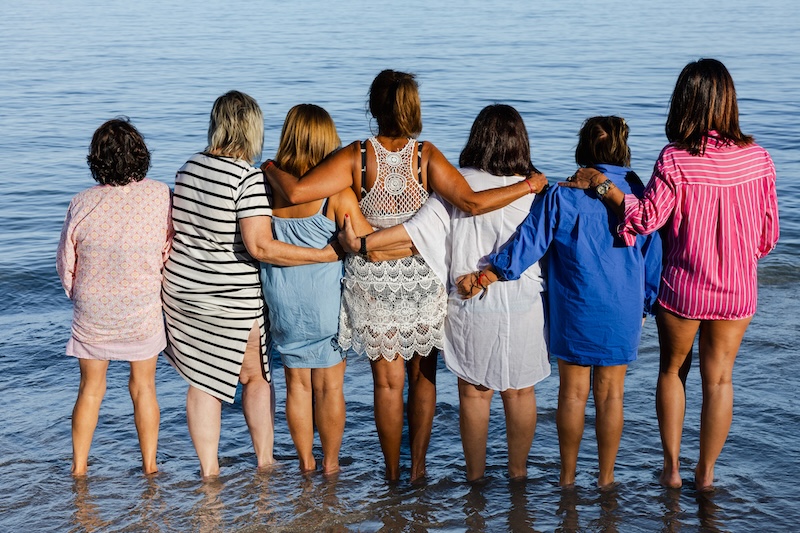Senior Safety
The Importance of Friendships and How to Find Friends as a Senior
Knowing how to find friends as a senior is the first step to enhancing socialization and quality of life.
Observing kids effortlessly form friendships at the playground is a heartwarming sight, but as adults, building connections can be a bit more complex. Friendships are vital, especially for seniors emerging from COVID-related isolation. How can you assist the older adults in your life in enhancing their socialization and making new friends?
While a pick-up game of tag might not be on the agenda, consider these alternative tips for how to find friends as a senior:
Join a Club: Help an older loved one brainstorm their interests, whether it’s reading, knitting, gardening, fishing, or sports. Look online for local groups or explore resources at the senior center. If no suitable groups exist, consider creating one!
Take a Class: Community colleges often offer … Read More »
Understanding Chemo Brain and Its Effects
Chemo brain can last for months or even years after treatment has ended.
Memory lapses, confusion, and difficulty concentrating—these symptoms could easily be attributed to Alzheimer’s, but for cancer survivors, there’s another likely culprit: chemotherapy. Referred to as chemotherapy induced cognitive impairment (CICI) or “chemo brain,” these effects can linger for months or even years after treatment concludes. It’s not exclusive to chemotherapy recipients, either; radiation, surgery, hormonal treatments, and even the cancer itself can contribute to cognitive challenges, complicating effective treatment.
Exploring the Complexity:
Dr. Kevin Liou from the Bendhaim Integrative Medicine Center at Memorial Sloan Kettering Cancer Center emphasizes that cancer-related cognitive impairment is a multifaceted issue with various contributing factors. This complexity means that chemo brain can manifest at any point during or after cancer treatment, presenting symptoms like difficulty multitasking, reading comprehension issues, word-finding … Read More »
4 Ways to Better Advocate for Your Older Loved Ones
Being a better advocate for your older loved ones begins with these four tactics.
“Unless someone like you cares a whole awful lot, nothing is going to get better. It’s not.” – Dr. Seuss, The Lorax
Serving as an advocate for your older loved ones is perhaps one of the greatest honors – and responsibilities – you’ll have as a family caregiver. It means fully comprehending their needs and wishes, and communicating them to those who can help to make sure they’re achieved.
What You Need to Know About Clutter and Dementia
Clutter and dementia may seem like an unhealthy combination, but research is showing some surprising benefits between the two.
Decluttering is a vital component to safety for individuals with dementia, particularly in ensuring walking paths are clear to prevent falls. However, there may be some surprising benefits to controlled clutter, according to a study by the University of East Anglia that explored the link between clutter and dementia.
Improving Health and Wellbeing for Seniors With Six Simple Steps
Improving health and wellbeing for seniors is easier with these tips.
Though New Year’s Day is still months away, who says resolutions should only be made at the start of the year? There is no time like the present to start a new habit or goal, especially when it comes to improving health and wellbeing for seniors.
We have six strategies you can implement today. Pick one to begin, or jump right into all of them to attain the greatest benefit:
Make an appointment for a physical. Rather than waiting for an injury or illness to call the doctor, a yearly check-up is a great way for seniors to stay on top of their health and potentially prevent issues before they occur.
Get physical. With the physician’s approval and recommendations, kick off a new exercise routine – together! Working out … Read More »
The Strategy You Have to Try: Virtual Reality in Dementia Care
Virtual reality in dementia care can be highly effective in improving engagement, communication, and joy.
Imagine for a moment how it could feel to struggle with the cognitive challenges of dementia. The people who are closest to you are now unfamiliar. The words and phrases that would roll off your tongue without a second thought are now just beyond your grasp. In fact, the world as you once knew it has turned completely topsy-turvy, leaving you yearning for a recognizable foothold.
However, one of the kindnesses imparted by Alzheimer’s is the long-term memories that oftentimes remain intact long after short-term memories have disappeared. It’s why connecting older adults with Alzheimer’s to the past is often a remarkably effective way to engage them – through music, movies, photos, and reminiscing. Now we can add a high-tech tool to the … Read More »
Why You Need to Find a Geriatrician for the Best Senior Health Care
The best senior health care is provided by a geriatrician who is an expert in the unique needs of older adults.
If your child suddenly developed an illness, who would you call? It’s a no-brainer; many parents have the number on speed dial for the pediatrician they’ve carefully chosen to manage the medical care needs of their children. With their specialized training, working with a trusted pediatrician ensures the best possible care.
Likewise, selecting the best senior health care provider who focuses on specific health concerns of older adults is equally as important. However, sadly, the health care system as a whole has not placed a great focus on the unique health care needs of seniors. Dr. Carla Perissinotto, geriatrician and professor of medicine at the University of California, San Francisco, shares her alarm over this age-related health … Read More »
Tips for Communicating About Your COPD Diagnosis
Communicating about your COPD diagnosis can be easier with these steps
It began with your inner circle, those closest to you, and it has slowly been spreading outward to good friends and acquaintances. Communicating about your COPD diagnosis and knowing how to respond to the numerous questions that arise about it can be uncomfortable – for you personally, and also for those you’re speaking with as well.
Surprisingly, you might find that the biggest challenges come in speaking with your primary caregiving partner – the person who is closest to you personally. The caregiver/care receiver relationship can raise a number of emotions. The individual on the receiving end of care may feel insecure and self-conscious as a result of needing assistance, that may lead to feelings of anger and frustration just to name a few. The care provider … Read More »
How Should You Respond to Aggressive Behaviors in Dementia?
Remember the six R’s when responding to aggressive behaviors in dementia.
Of the many challenging behaviors common in Alzheimer’s, probably the most complicated to manage is aggression. A senior who has always been mild-mannered can abruptly lash out in outbursts that are truly alarming: hitting, cursing, kicking, yelling, biting, or throwing objects. How can you, as a family caregiver, safely help restore a sense of calm when confronted with aggressive behaviors in dementia?
To start with, remind yourself that the aggression is a consequence of the disease. It is not something the older adult can control, and it is not intentional. That said, it must be defused to keep both you and the senior safe from harm.
“The 6 R’s of Managing Difficult Behavior,” developed by Dr. Peter Rabins and Nancy Mace in their book The 36-Hour Day, … Read More »
How to Care for Someone With a Progressive Disease
These tips will guide you in how to care for someone with a progressive disease.
It might have been expected, or perhaps broadsided you without warning. Mom has just received the official diagnosis for a progressive disease that is likely to make independent life difficult. While there are a number of uncertainties, one thing is for sure: she is adamant about remaining at home – meaning you’ll have to learn how to care for someone with a progressive disease.
Welcome to the world of family caregiving! If you’re feeling a bit overwhelmed with what can be expected next, these recommendations will help.
Discover as much as you’re able to about the disease. The older adult’s doctor can provide you with resources and educational materials to help you know what to anticipate and to gain confidence in your caregiving role.
Prioritize … Read More »


